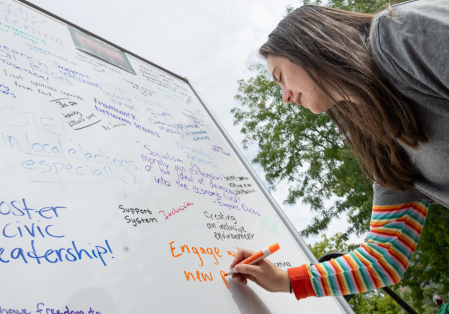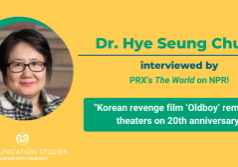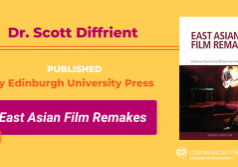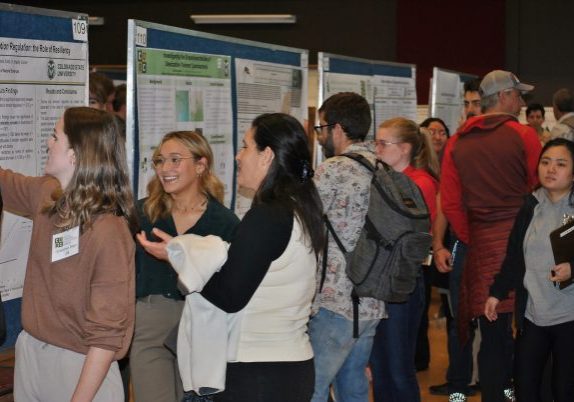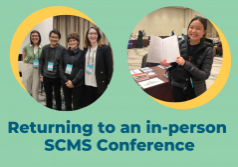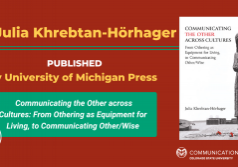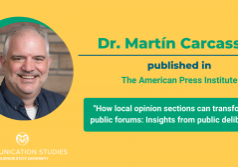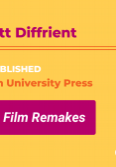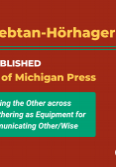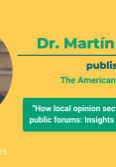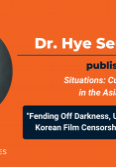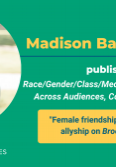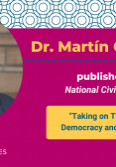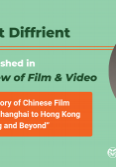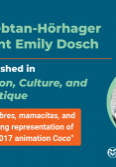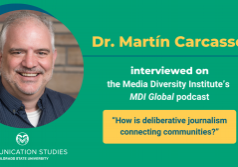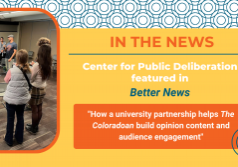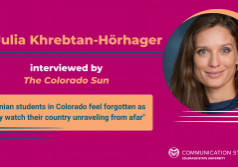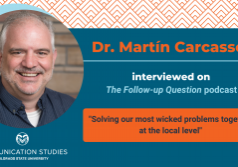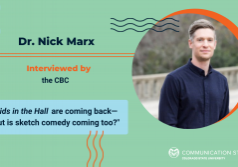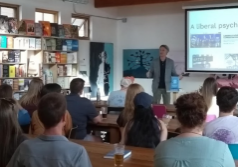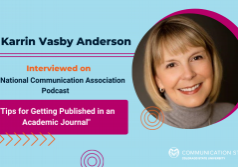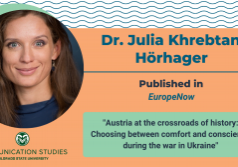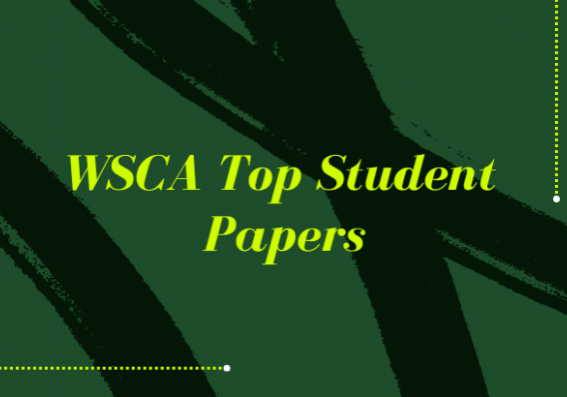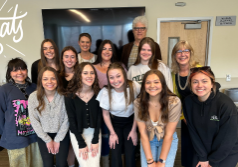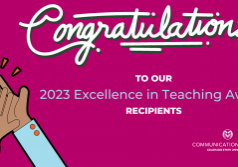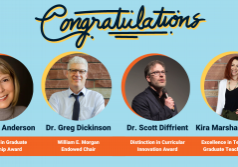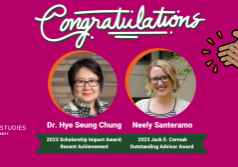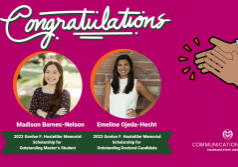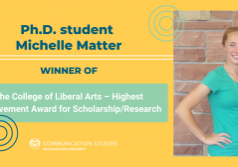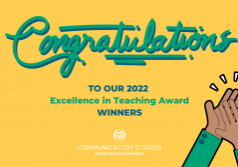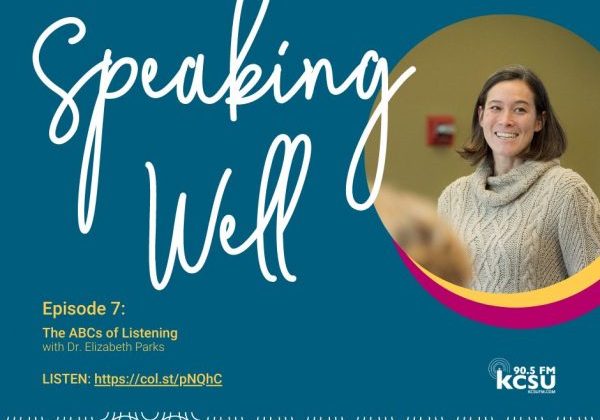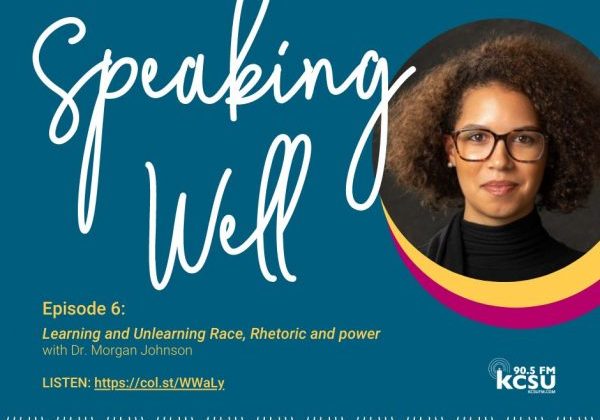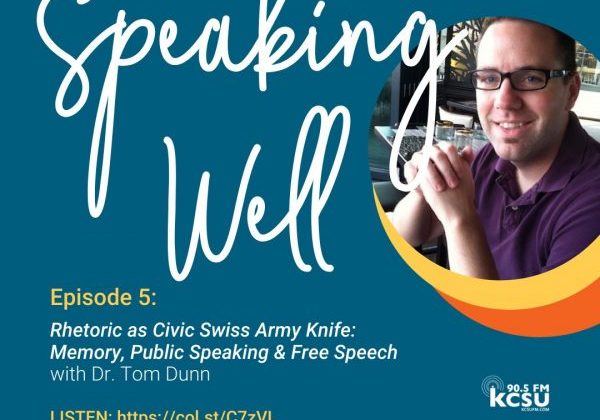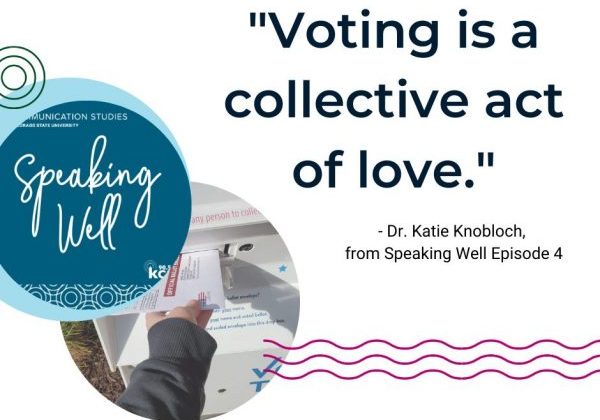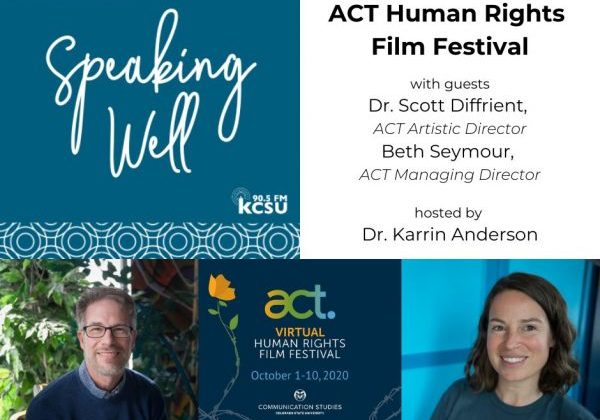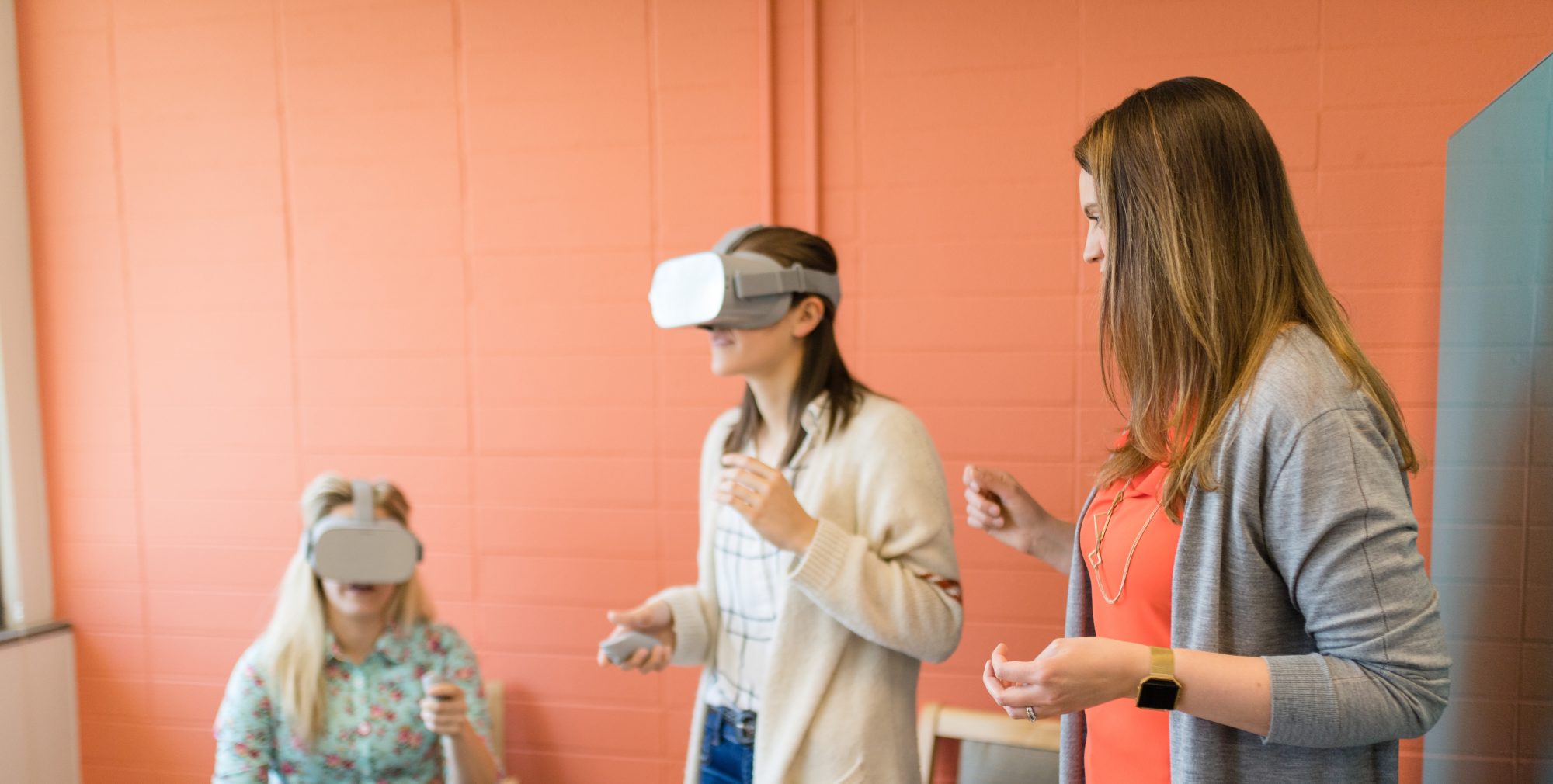
Research & Outreach
Research & Outreach
Research & Engaged Scholarship
At Colorado State University, research and engaged scholarship across the communication studies areas of film and media studies, relational and organizational communication, and rhetoric and civic engagement:
- explores meaning and identity;
- challenges and reframes assumptions;
- creates new pathways for expressing, listening, and leading;
- elevates how we communicate within and across personal, professional and public spheres; and,
- addresses the complexity of our humanness.
>> What is engaged scholarship?
We identify communication research as “engaged scholarship” when it explores how to improve the way people live, work, make decisions, relate, create, and thrive.
Department Research Projects
Laboratory for Engaged Communication
Located in Willard O. Eddy Hall room 13, the Laboratory for Engaged Communication offers faculty and graduate students a flexible space for conducting cutting edge communication research from a social science perspective. The space, which originally opened in Eddy Hall room 208 in fall 2015, allows for a variety of activities, including but not limited to:
- collecting data using experimental, focus group, interview, and physiological methods,
- training undergraduate and graduate researchers, and
- conducting a variety of research team meetings.
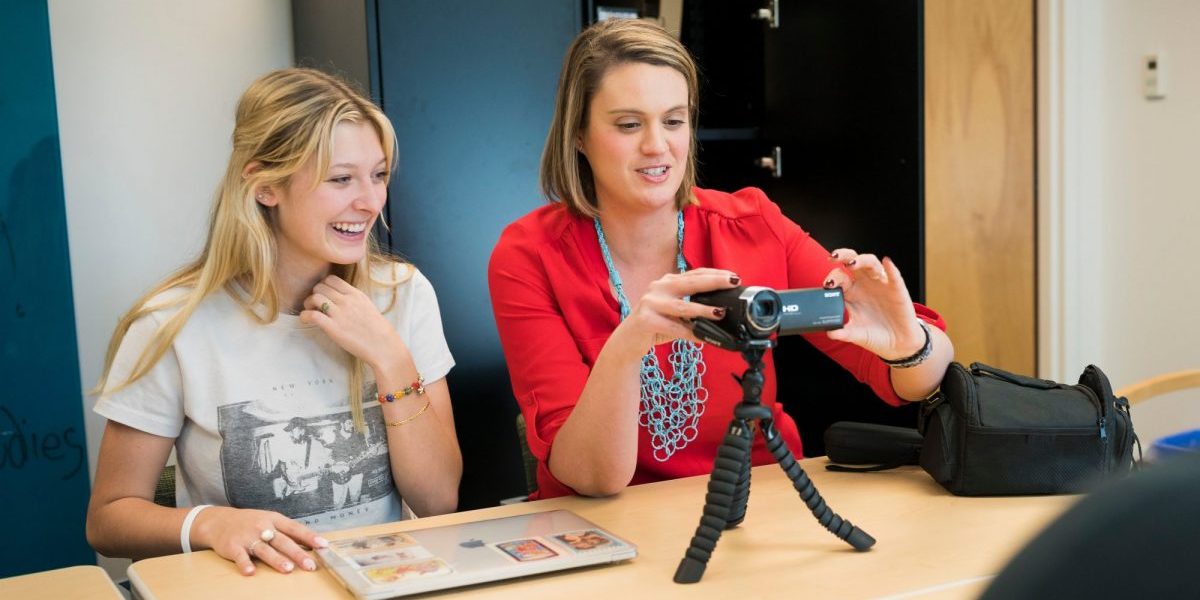
Publications
Scholarly journal articles and essays, books, and book chapters published by Department of Communication Studies faculty and graduate students.
In the News
Faculty and graduate student articles, essays, commentary, and guest appearances in local and national media outlets.
Awards & Honors
Speaking Well Podcast
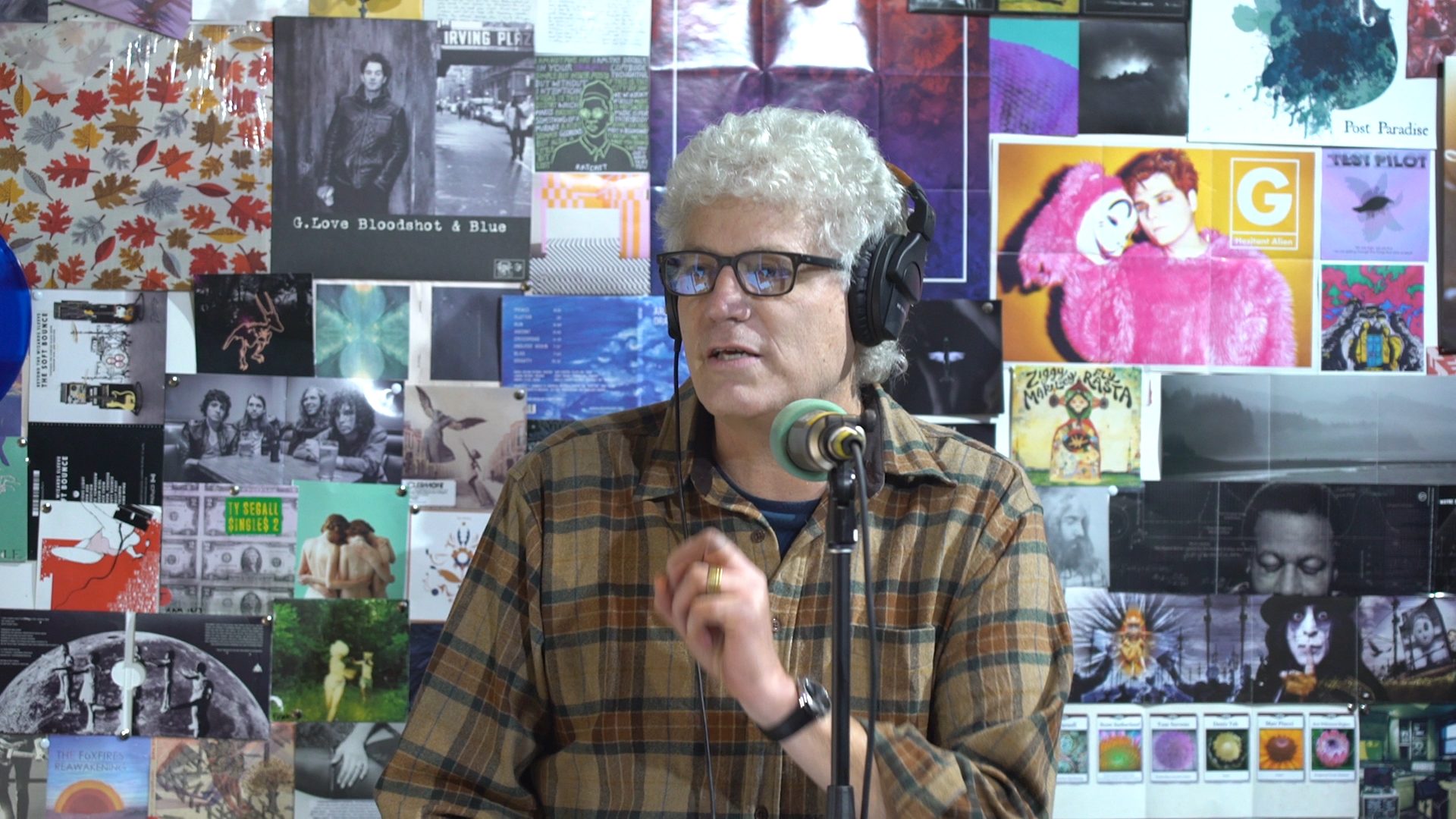
Speaking Well was a Department of Communication Studies podcast hosted by Professor and Chair Greg Dickinson. Each episode explored communication in everyday life through the lens of how communication research provides resources for navigating complex interactions within personal and professional relationships, politics and civic engagement, media and film, intercultural communication, and many other contexts.
The project began in Fall 2020 and concluded in Spring 2021.
Episodes
All but the first two episodes were recorded and produced by KCSU 90.5 FM.
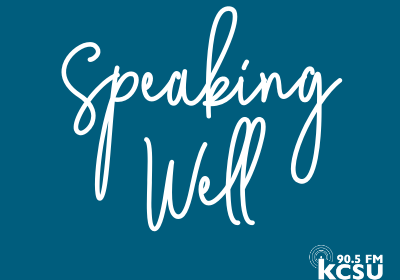
Episode 2: Political communication in contentious times with Karrin Vasby Anderson
CSU_CommStudies · Episode 2: Political communication in contentious times with Dr. Kari Anderson

Episode 1: Social Support with Meara Faw
CSU_CommStudies · Speaking Well: Episode 1 – Social Support With Meara Faw
Center for Public Deliberation
The CSU Center for Public Deliberation (CPD) was established in the Fall of 2006 and serves as an impartial resource for the northern Colorado community to assist in community problem-solving. We analyze issues, design public participation events, host forums that students facilitate, and write reports on key issues while working with a wide variety of local institutions, including city, county, and state government, school districts, and campus and community organizations. Deliberation requires safe places for citizens to come together, good and fair information to help structure the conversation, and skilled facilitators to guide the process, and the CPD is dedicated to providing these three key ingredients to Northern Colorado.
Mission
Dedicated to enhancing local democracy through improved public communication and community problem-solving.
For an extended video of CPD Director Martin Carcasson explaining the work of the CPD and the need to change the way we talk about tough issues in our democracy, watch the video below:

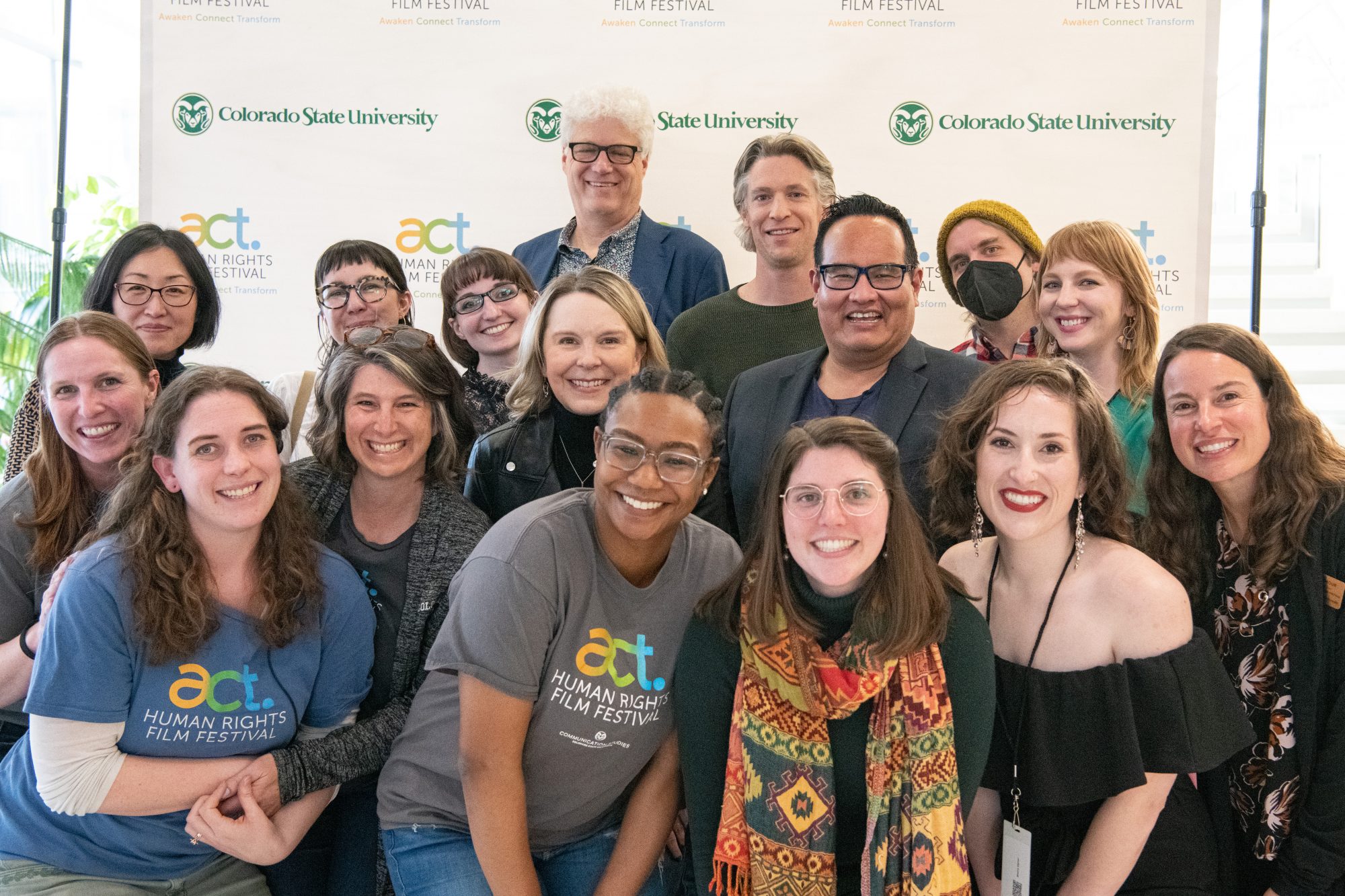
Connecting at the intersection of culture, art, and social justice
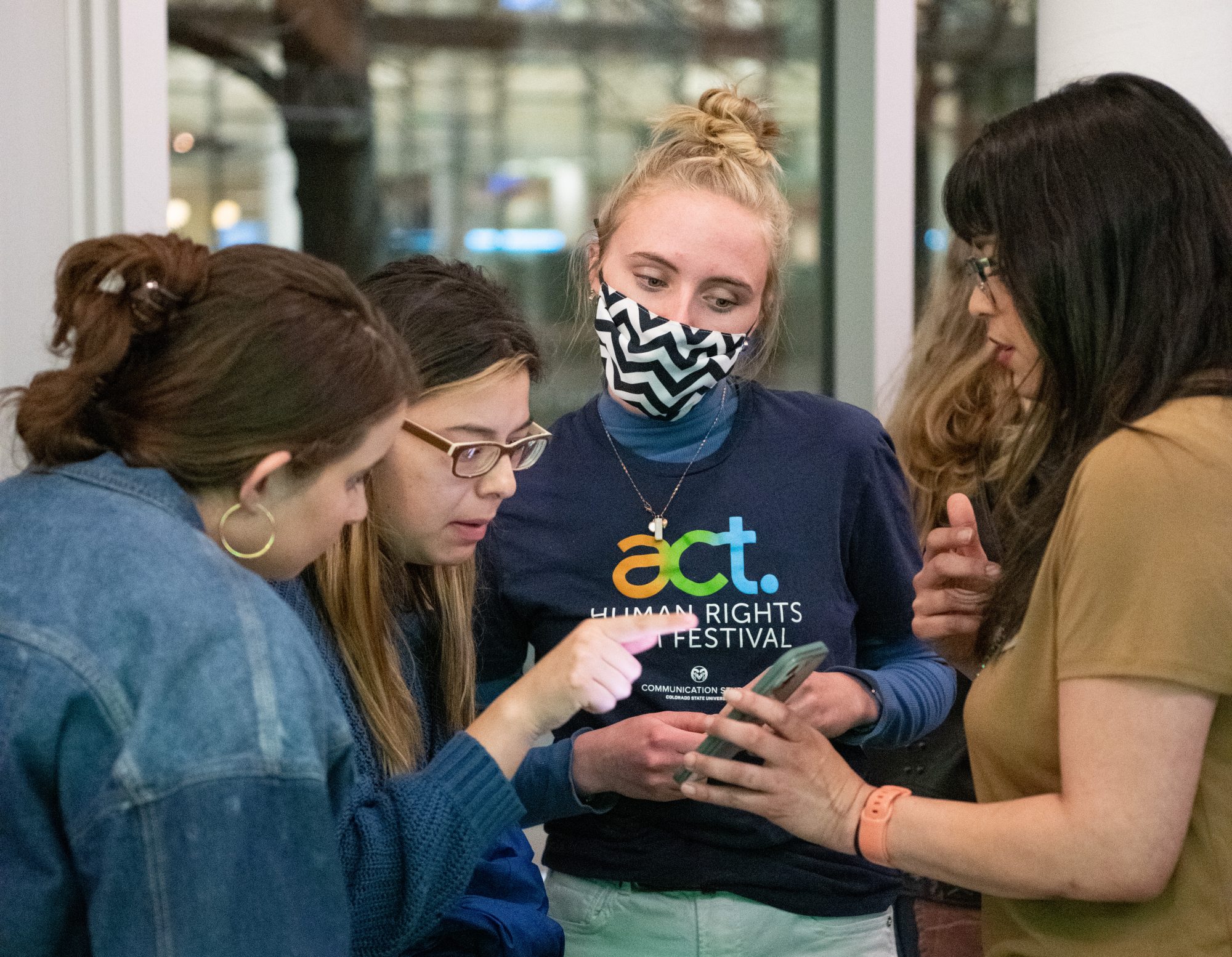
ACT Human Rights Film Festival brings the best and most recent human rights cinema to northern Colorado
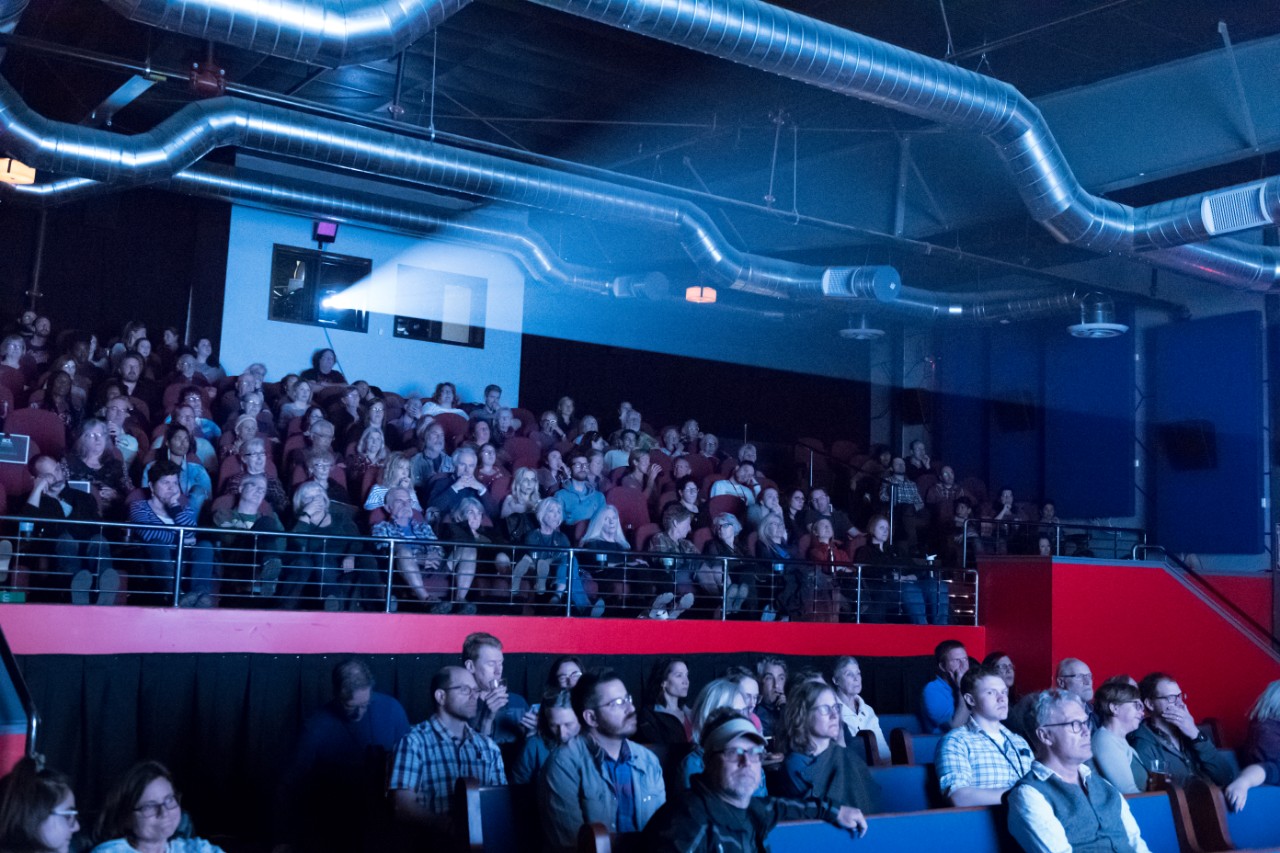
Through the shared experience of film and conversation, ACT cultivates empathy and new perspectives
Festival History
ACT (which stands for Awaken, Connect, Transform) was born out of expertise in the Department of Communication Studies at Colorado State University in the area of film and media studies. Professor Scott Diffrient held the William E. Morgan Endowed Chair of Liberal Arts from 2013-2016 and dedicated a portion of his funding to establish the first-ever human rights film festival occurring in the Rocky Mountain West.
Professor Diffrient’s vision is that every year ACT curates relevant, artistically excellent, and recently produced documentary and narrative feature film that explores a range of human rights issues, as outlined by the United Nations Universal Declaration of Human Rights.
Programmatic highlights:
- The first ACT Human Rights Film Festival took place in April 2016.
- Harry Belafonte, Jr. attended closing night of the 2017 festival.
- In November 2018, ACT was accepted into the Human Rights Film Network. Membership grants ACT the opportunity to learn from and partner with more than 40 other human rights film festival occurring world-wide.
- In February 2019, ACT launched new year-round film screenings. ACT Year-Round engages audiences in important human rights and social justice conversation all year. The program also takes place in a variety of locations, helps remove barriers and increase access, and is highly collaborative with community groups and partners.
- After going virtual due to the COVID-19 pandemic in 2020 and 2021, in 2022 ACT returned to in-person programming in Fort Collins while still offering virtual film screenings as well.
